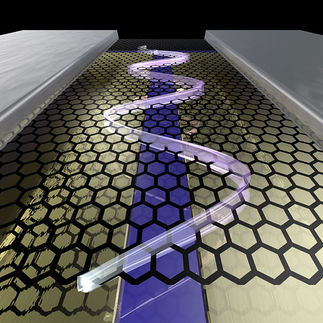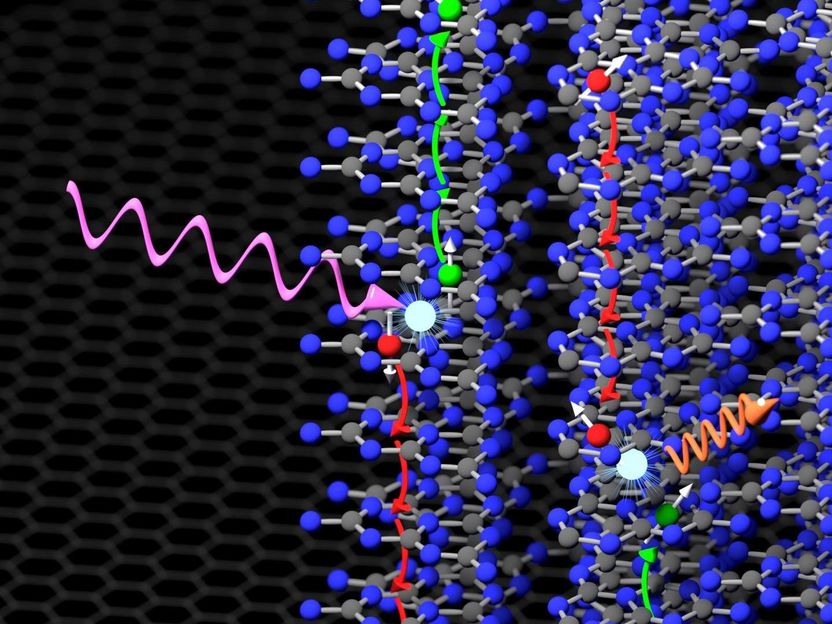Merck and BASF boost InnovationLab involvement
Advertisement
By acquiring a majority stake in InnovationLab GmbH, Merck and BASF are increasing their involvement in order to continue the successful scientific work of the Heidelberg-based research and transfer platform for organic electronics in the Rhine-Neckar metropolitan region. InnovationLab GmbH arose from the Forum organic electronics cooperation network, which until the end of last year was funded by the German Federal Ministry of Education and Research (BMBF) within the framework of the leading-edge cluster competition.
"By continuing with InnovationLab GmbH, we have reached a key goal of the leading-edge cluster competition, that being to build a bridge between business and science," says Karl Hahn, Senior Vice President at BASF. Merck and BASF have increased their interest to 70%; together with the University of Heidelberg and the Karlsruhe Institute of Technology (KIT), they will make up the advisory board of the research platform. "By consolidating the joint research activities of academia and business under one roof, we have created a new, effective model for successful scientific transfer," says Martin Raditsch, CEO of InnovationLab.
Around 100 scientists currently work at InnovationLab on projects relating to printed and organic electronics. Rapid research success prompted both companies to boost their involvement. "Thanks to the shared infrastructure, we can deploy resources more effectively and accelerate development cycles," says Bjorn Hofman, Senior Vice President at Merck. "The R&D collaboration between business and science is thus facilitating the rapid transfer of discoveries into marketable products, forming the ideal basis to foster young talent."
InnovationLab GmbH stems from an initiative in the Rhine-Neckar metropolitan region and was jointly founded by companies and universities in that area together with Merck. Research operations started in 2011 with a high-tech lab for printed and organic electronics costing more than EUR 15 million, which was made possible through EUR 40 million in funding from the BMBF (2008-2013). An additional EUR 40 million was contributed by industrial partners of the cluster.
Other news from the department business & finance

Get the chemical industry in your inbox
By submitting this form you agree that LUMITOS AG will send you the newsletter(s) selected above by email. Your data will not be passed on to third parties. Your data will be stored and processed in accordance with our data protection regulations. LUMITOS may contact you by email for the purpose of advertising or market and opinion surveys. You can revoke your consent at any time without giving reasons to LUMITOS AG, Ernst-Augustin-Str. 2, 12489 Berlin, Germany or by e-mail at revoke@lumitos.com with effect for the future. In addition, each email contains a link to unsubscribe from the corresponding newsletter.



























































